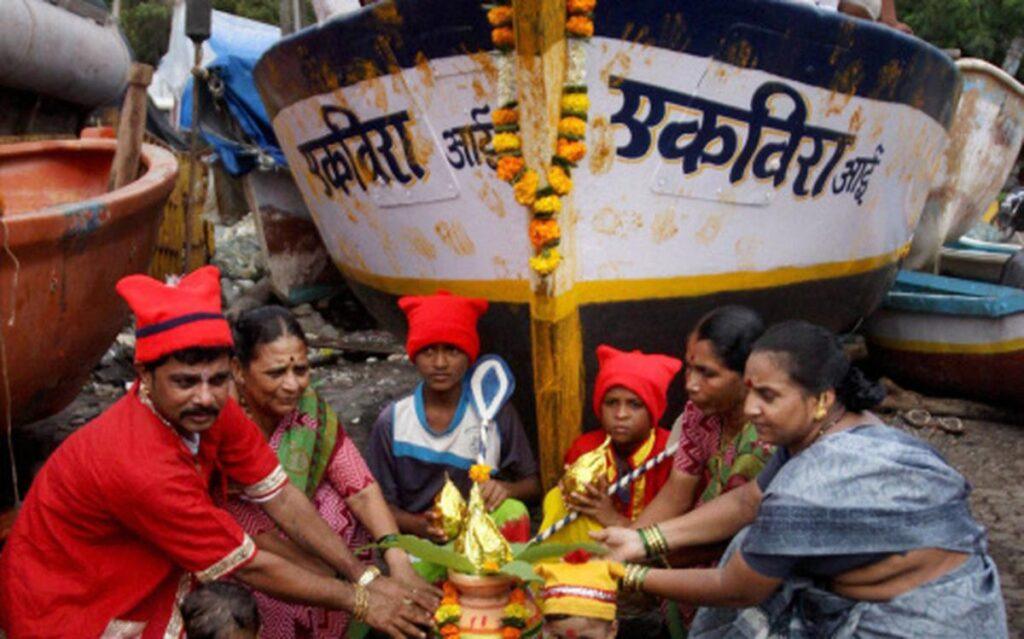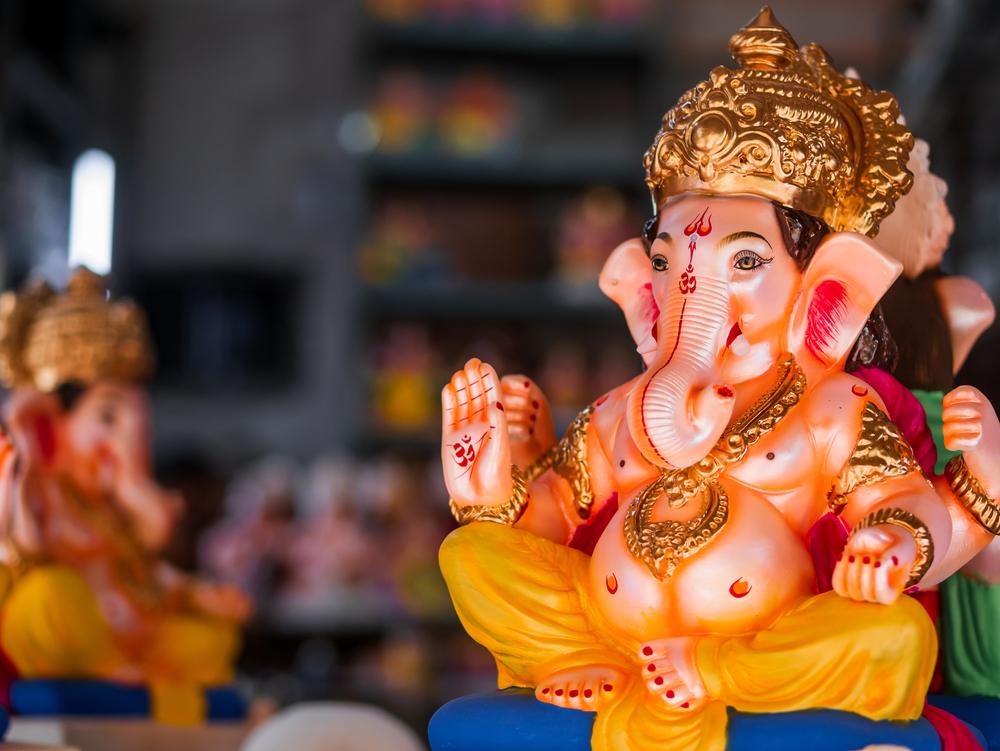Narali Poornima, also known as Shravani Poornima which highlights the day of Full Moon falling in the month of Shravan as per Hindu Calendar (July-August as per Gregorian Calendar). Shravan is one of the most pious months of the year marked with fasting and festivals, two of the most important aspects of Hindu culture. Shravani Poornima is celebrated in different parts of country by various names and Narali Poornima is one of the festivals celebrated in Maharashtra, Konkan and Goa, most prominently by the fishermen community (Koli community) in these states.

The word ‘Narali Purnima’ is derived from two words ‘Narali’ implying ‘coconut’ and ‘Purnima’ signifying ‘Full Moon Day’. Hence coconut holds special importance for the day.
Narali Poornima has a great significance for fishermen community. Few weeks leading to this day the community abstains from fishing activity. They stop wading into sea during monsoons owing to two primary reasons – one, the sea acts far more turbulent during monsoons and fishing can be dangerous in such conditions and secondly, marine life breeds during these months. Maintaining marine ecological balance by abstaining from fishing for two months is that part of conventional wisdom that Koli community has adhered to for ages now.

Narali Poornima marks the end of this abstinence period and beginning of a fresh fishing season. This day is celebrated by Koli community with great joy, excitement and great hopes. As part of these celebrations, Kolis decorate their boats, get dressed in colorful attire and set sail – the first of the season. A short trip later, they come back on shores and celebrate the remainder of the day dancing, singing and feasting.
This festival is an ode to Rain-God, Varun. Kolis believe Lord Varun would guard them when they go fishing in the seas and so to appease Lord Varun they offer Coconuts-one of the most auspicious fruits in Hindu traditions and pray for sea to remain calm and their trips to fetch them bountiful of returns. It is believed that with the Varuna’s blessings sea-trade will become fruitful and prosper.

Married women gather together, play games, sing and dance and put kumkum tilak (Vermilion mark) on each other’s forehead as the symbol of good luck. They eat together, enjoy the festival and then bid farewell to each other. Fisher-folk welcome this day as the heavy rains finally stop.
The Koli feast is incomplete on this day without Narali Bhat – a delicious sweet preparation made with freshly grounded coconuts that are sweetened with Jaggery and cooked with aromatic and flavorful rice, this preparation is simple and yet exquisite.




